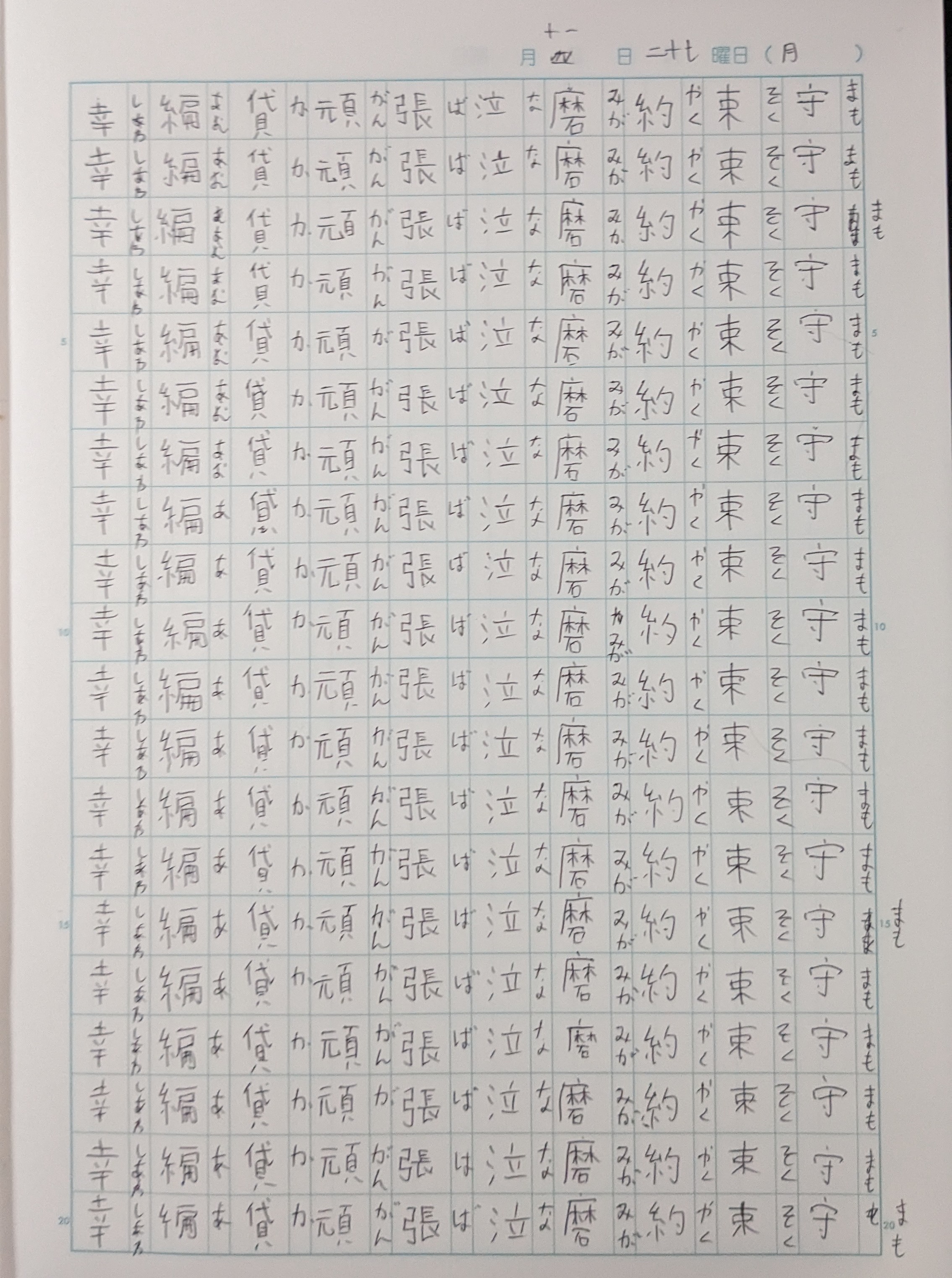Hello friends. While reading and writing are great ways to study Japanese, listening comprehension and speaking are also important aspects to consider as well. As such, this post will serve to provide a list of YouTube channels for the purpose of comprehensible input. I will update this post periodically over time.
A channel that uses hand-drawn pictures to narrate lessons while speaking. This channel also explains the plot to anime, and various kanji. Subtitles are only available in Japanese. Furigana is not provided. The channel is relatively new, so there is less content than some of the other channels I'll be linking. However, the creator speaks slowly, clearly, and repeats himself to help the viewer. This channel is useful for beginners.
A channel that focuses on digital, hand-drawn, and live examples to narrate while speaking. Subtitles are in written in kanji and kana--furigana is not provided. This channel has been around longer than the previous channel, meaning there will be more content to consume. A bit more challenging than the previous channel as Yuki speaks at a more natural pace and does not repeat herself.
A channel focused on speaking on day-to-day topics such as weather, traveling, daily tasks, etc. This channel has less videos to watch than the previous one. However, Naoko speaks at a more natural pace than the previous two, so this is probably recommended for intermediate to advanced learners. Additionally, she subtitles her videos in Japanese--this includes kana, kanji, and furigana. This will be useful if you wish to practice reading while listening simultaneously.
This channel focuses on grammar and how Japanese is used in daily life, similar to the previous channel. Lessons occasionally cover kanji and kana lessons, with supplemental visual aids. Yuta often creates videos while out on walks, so this also has the benefit of taking in some sights while learning. Subtitles are largely in kanji and kana. Occasionally, vocabulary is introduced in their kanji and kana forms. Yuta, the creator, takes his time to repeat phrases so that the viewer can practice both listening and imitating his pronunciation. There are nearly 100 videos, and I would say this is a very useful resource for beginners.
This channel covers a wide variety of topics, ranging from fashion, to travels, daily life, food, conversations with friends, listening exercises, and more. This channel also includes podcasts targeted at beginners. Shun also includes a brief description of how difficult the language content may be. These descriptions range anywhere from N5 --> N2, with some descriptions used in relation to Genki (the podcasts in particular). Probably the most useful for those who wish to get a feel for their listening comprehension. Also useful for more intermediate to advanced learners. In the videos, you'll find kanji and kana. However, furigana is not provided (at least that I've seen so far). This channel is also has the largest library of content, containing 507 videos at the time of this post.
This channel covers topics at convenience stores, recorded conversations with friends and acquaintances, dining at restaurants, daily life, and more. Yusuke's content may be on the more intermediate to advanced side of content listed here, as he speaks at a pace more suited for natural dialogue. Furthermore, as Yusuke likes to walk during some of his monologues, there may be added difficulty in practicing listening comprehension. This may prove useful for those who wish to listen to Japanese outside of an "idealistic setting" where some content creators are sitting in a noise-insulated room and can focus entirely on the clarity of their pronunciation for the viewer. These videos provide subtitles mostly in kana, with occasional instances of kanji and their associated furigana. English subtitles are also provided.
- Travel vlog
- Speaks clearly + slowly
- Subtitles
- Wide variety of topics
- Speaks quickly
- Probably ~N2 level, recommended for more experienced learners
